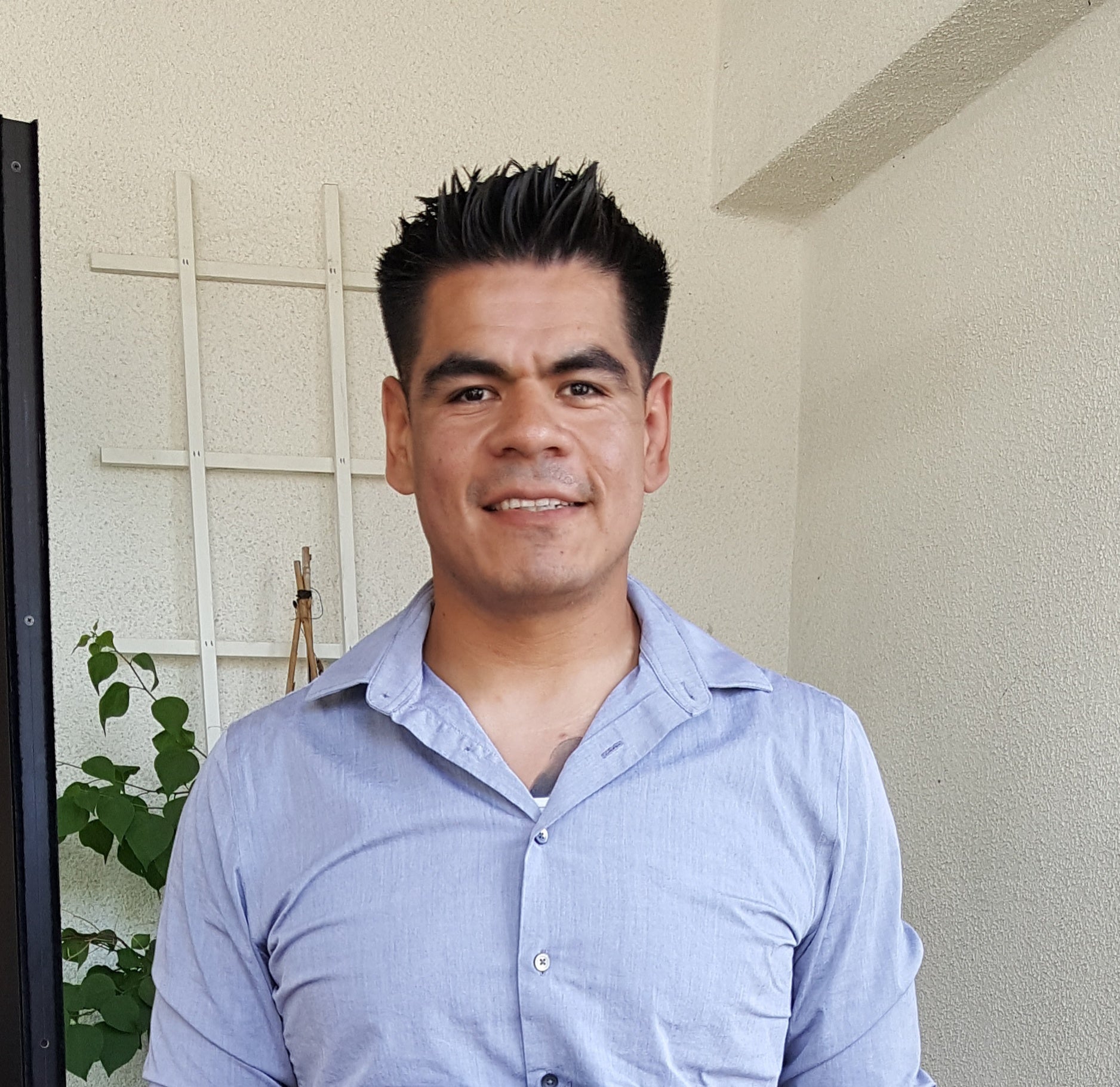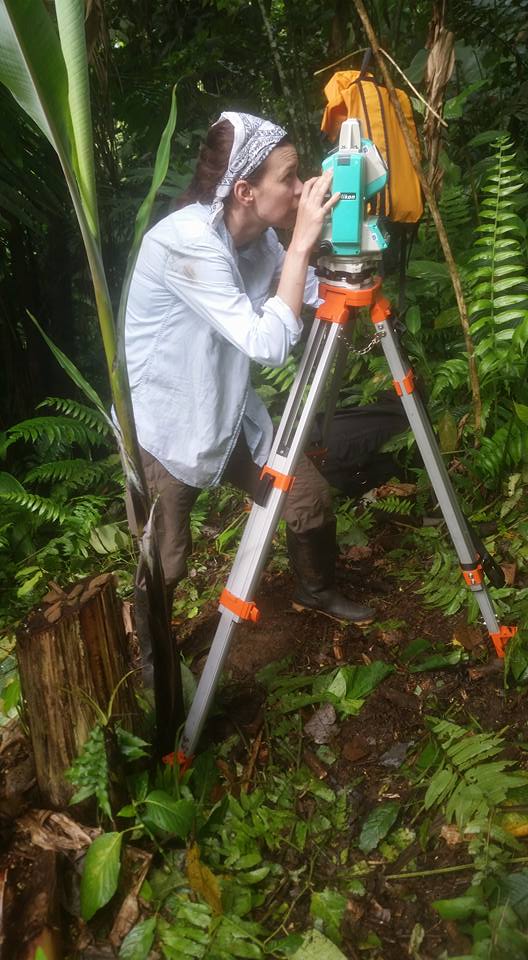Studying online takes more than a laptop and a comfortable desk chair. Students have to be self-motivated, organized, and yes, even willing to put in some extra work, beyond what their on-campus peers experience.
“In a traditional face-to-face class, you might go, listen, take notes and only take three tests for your grade,” said Arizona State University adviser Kim Danielson. “But in an online format, you have to respond to discussion questions, write essays, do group assignments, read readings, watch videos, take quizzes and tests, and perhaps make videos or presentations. So you have to put extra hours into the week for studying and doing assignments in more dynamic formats.”
However, it can also be extremely rewarding, she adds, leading to research opportunities, strong relationships with faculty and a degree that carries just as much weight as one achieved by taking in-person courses.
Danielson is an adviser from the School of Human Evolution and Social Change, which has graduated 162 online students since launching its programs in this format in 2014. Currently, about 52% of its undergraduate student body is seeking online degrees.
Here, she and two people from the school’s online program — global health student Ignacio Castellanos and anthropology alumna Kristin Keckler-Alexander — share their tips and insights into how to get the most out of an online educational experience.
Answers have been edited for length and clarity.

Ignacio Castellanos wants to use his global health degree to impact others' lives.
Question: Why did you choose an online program?
Castellanos: I chose this degree because I feel that I can use this knowledge to help people out. I want to use my degree to work for the Centers for Disease Control and Prevention and join their Global Health Response team. There are a wide variety of health disparities in the world, and with this degree I can help make an impact in someone's life.
Keckler-Alexander: Archaeology really stemmed out of my love of anthropology and my love of history. I’m grateful to ASU for having the vision to have such a comprehensive online campus. It’s given me, a military spouse who doesn’t live anywhere for very long and who’s got three children, the opportunity to pursue my degrees, and that’s not something I would have at a brick-and-mortar institution.
Q: What is the best course you’ve taken at the School of Human Evolution and Social Change, and why?
Castellanos: I think with each course I was able to learn something different that broadened my perspective on health issues. Instructors like Hallie Edmonds, Rhian Stotts and Associate Professor Megan Jehn, to name a few, provided so much feedback and knowledge that made me feel as if I was back on campus.
Q: What is unique about the School of Human Evolution and Social Change’s online programs?
Danielson: It’s the number one research-producing anthropology department in the country and has high-quality programs with the top researchers in their fields. The fact that we have the global health and anthropology programs with both on-ground offerings and online offerings — with no distinction between those other than format — equalizes the playing field to enter into these disciplines.
People also assume that online programs rely on adjunct faculty who know very little about their material and had no part in course development. But the programs at the School of Human Evolution and Social Change, and ASU as a whole, use courses led and designed by tenure-track and tenured faculty.
Q: What has surprised you about studying online?
Castellanos: The one thing that surprised me about studying online was the fact that I felt like I was back on campus. I was able to take two semesters on campus, and the interaction between the student and professor does not change. All my professors in both campus and online courses were so helpful, accessible and supportive, which is important especially for those taking classes online. It kept me motivated throughout my studies.

Kristin Keckler-Alexander recommends online students get involved in research. Here, she mans a total station at an archaeological site in Colombia.
Q: What advice would you give to future online students?
Castellanos: Studying is something that you should not slack on. Waiting until the last minute will make you feel overwhelmed. I know everyone says it, but it is very important and must be said again and again.
Keckler-Alexander: Research is great in my experience because it always propels you to ask bigger questions. Even when you think you’re finding an answer, what you really find are five or six more questions. And that’s part of the fun of it.
Q: What is your best tip for success for online students?
Danielson: Find out who you are and what you like. Take as many of the classes you like as you can, which will motivate you for optimal performance. There will be a few classes you don’t like, but find a reason that class will give you value, even if it is appreciating when it’s finally over. Having a reason for everything will lift you up toward the finish line. And don’t forget about other resources you may have access to as an online student, such as advising, counseling, wellness applications, clubs, athletics and ASU spirit and pride to keep your academic and personal goals supported.
Top photo courtesy of Pixabay
More Arts, humanities and education

Grand Canyon National Park superintendent visits ASU, shares about efforts to welcome Indigenous voices back into the park
There are 11 tribes who have historic connections to the land and resources in the Grand Canyon National Park. Sadly, when the…
ASU film professor part of 'Cyberpunk' exhibit at Academy Museum in LA
Arizona State University filmmaker Alex Rivera sees cyberpunk as a perfect vehicle to represent the Latino experience.Cyberpunk…

Honoring innovative practices, impact in the field of American Indian studies
American Indian Studies at Arizona State University will host a panel event to celebrate the release of “From the Skin,” a…
